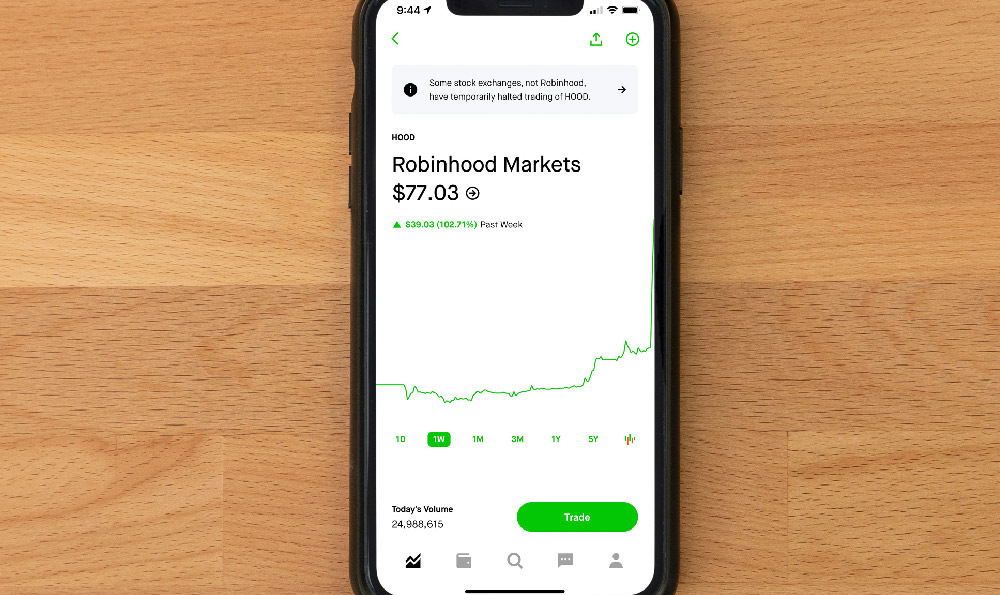The allure of extracting profit from Amazon reviews is a compelling prospect for many, and while directly monetizing individual reviews is not the typical path, the insights gleaned from them can undoubtedly pave the way for financial gain. The key lies in understanding that Amazon reviews are a treasure trove of customer sentiment, pain points, and desires, which, when analyzed and leveraged strategically, can be translated into tangible business opportunities and ultimately, profits.
One primary avenue for profiting from Amazon reviews is through product development and improvement. Scrutinizing both positive and negative reviews of existing products in your niche offers invaluable feedback. What are customers praising? What are they complaining about? Are there recurring themes or unmet needs that your product can address? Negative reviews are particularly potent, highlighting areas where competitor products fall short. For example, if numerous customers complain about a coffee maker's flimsy carafe, an entrepreneur could design a coffee maker with a significantly more durable carafe, directly addressing a known customer pain point. Similarly, if many reviewers express a desire for a specific feature that's missing in current products, incorporating that feature into your own product can create a significant competitive advantage. This data-driven approach to product development minimizes risk and increases the likelihood of market acceptance and profitability.
Beyond product development, Amazon reviews are instrumental in optimizing product listings and marketing strategies. The language used in reviews directly reflects the language customers use when searching for and discussing products. By incorporating relevant keywords and phrases found in reviews into your product titles, descriptions, and bullet points, you improve your product's search engine optimization (SEO) within Amazon's marketplace. This enhanced visibility leads to increased traffic to your product listing, which in turn, boosts sales. Furthermore, understanding the benefits and features that customers emphasize in their positive reviews allows you to craft compelling marketing messages that resonate with your target audience. You can highlight those specific features and benefits in your advertising campaigns and social media posts, attracting more potential buyers.

Another way to capitalize on Amazon reviews is through identifying emerging trends and niche opportunities. By monitoring reviews across a broad range of products within a specific category, you can spot patterns and identify unmet needs that indicate a potential market gap. For instance, if reviews consistently mention the need for eco-friendly alternatives to disposable products, this signals a growing consumer demand for sustainable options. This insight could inspire the development and launch of a line of environmentally conscious products, catering to this burgeoning market segment. This proactive approach allows you to stay ahead of the curve and capitalize on emerging trends before they become mainstream, maximizing your profit potential.
Moreover, Amazon reviews are invaluable for improving customer service and building brand loyalty. Responding to reviews, both positive and negative, demonstrates that you value customer feedback and are committed to providing excellent service. Addressing customer concerns and offering solutions to their problems can turn negative experiences into positive ones, building trust and loyalty. This, in turn, leads to repeat business and positive word-of-mouth referrals, which are essential for long-term success. Moreover, analyzing the types of customer service issues raised in reviews can help you identify areas where your customer service processes can be improved, leading to greater efficiency and customer satisfaction.
Analyzing reviews can also inform your pricing strategy. Understanding the perceived value of your product relative to its competitors, as reflected in customer reviews, allows you to optimize your pricing. If customers consistently praise your product's quality and performance, you may be able to command a premium price. Conversely, if reviews highlight price sensitivity, you may need to adjust your pricing to remain competitive. This data-driven approach to pricing ensures that you are maximizing your profits while remaining attractive to customers.
However, it's crucial to remember that manipulating or faking Amazon reviews is unethical and illegal, and can lead to severe penalties. The focus should always be on genuinely understanding customer needs and using that understanding to create better products, improve customer service, and optimize your marketing strategies.
Finally, the insights derived from Amazon reviews can be applied to broader business decisions beyond the Amazon marketplace. The understanding of customer preferences and pain points gained from analyzing Amazon reviews can inform product development, marketing, and customer service strategies for your entire business, regardless of where you sell your products.
In conclusion, while directly "profiting" from each individual Amazon review in a transactional sense isn't feasible, the wealth of information they contain is a goldmine for entrepreneurs and businesses. By carefully analyzing and leveraging these reviews, you can improve product development, optimize marketing strategies, identify emerging trends, enhance customer service, and ultimately, drive significant profits. The key is to view Amazon reviews not as mere opinions, but as valuable data points that can inform strategic decision-making and pave the way for business success.












